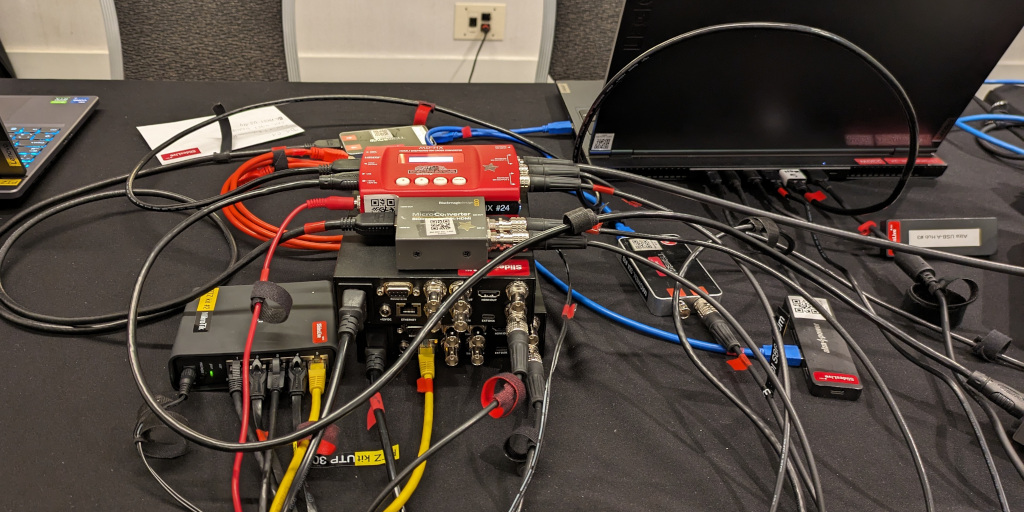For my AMCIS 2009 talk on the single-vendor commercial open source business model, first the abstract, then the slides:
Commercial open source software projects are open source software projects that are owned by a single firm that derives a direct and significant revenue stream from the software. Commercial open source at first glance represents an economic paradox: How can a firm earn money if it is making its product available for free as open source? This paper presents the core properties of commercial open source business models and discusses how they work… [more]
The talk slides are available as a PDF file and are licensed under the Creative Commons BY-SA 3.0 license.
For a discussion of the talk’s contents I recommend reading the original article.









Leave a Reply